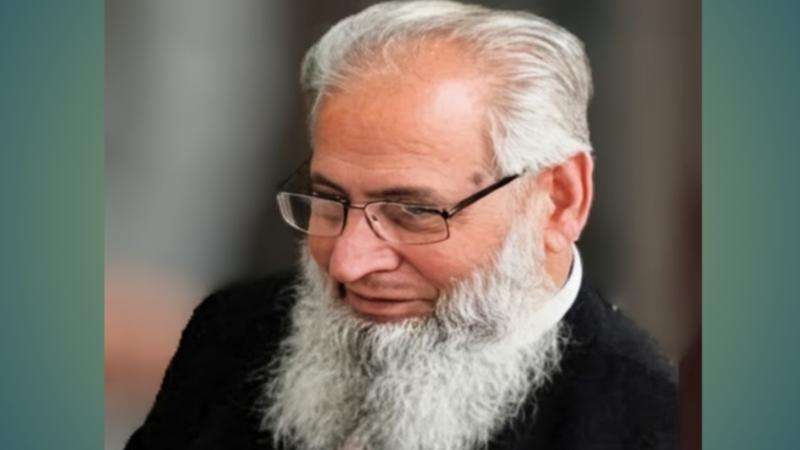The family of Mohammed Saleem, a 75-year-old Muslim grandfather tragically murdered in a 2013 race hate attack, has expressed a powerful message of forgiveness following the death of his killer, neo-Nazi terrorist Pavlo Lapshyn. Lapshyn, 37, was found dead in his cell at HMP Wakefield, Daily Dazzling Dawn understands.
The Prisons and Probation Ombudsman has launched an investigation into the circumstances of his death, which remain unclear. Maz Saleem, Mohammed Saleem’s daughter, released a statement via the news site Five Pillars, acknowledging the news and sharing her family's complex emotions.
"It has come to my attention via the victim liaison officer that Pavlo Lapshyn—the man convicted of murdering my father and committing acts of terror against our community—has been found dead in his prison cell," she said. "At present, I have not been given clear details surrounding the circumstances of his death: whether it resulted from other inmates, self-inflicted harm, or other causes remains unknown."
Ms. Saleem bravely stated that after years of reflection, she has chosen to forgive her father's killer. She clarified that this forgiveness does not condone his actions, which she described as "gravely wrong," but is an act of compassion. She also extended her thoughts to Lapshyn’s parents in Ukraine, reminding the public that he was "someone’s son."
Maz Saleem also raised concerns about the lack of immediate information from authorities, noting that delays in official communication can lead to rumors and misinformation. She urged the media to handle the news with "compassion, accuracy, and dignity," and to continue resisting division.
Background of a Hate-Fueled Attack-Mohammed Saleem was a pillar of the Muslim community in Birmingham. A grandfather of 23, he was well-known for his gentle nature and strong faith. He was stabbed to death on April 29, 2013, while walking home from evening prayers. The attack was a random, opportunistic act of racial hatred by Lapshyn, who had arrived in Birmingham just five days prior on a temporary work placement.
Lapshyn, a highly-educated engineering student from Ukraine with a history of far-right extremism, remained at large for three months after the murder. During that time, he planted and detonated three homemade bombs near mosques in the West Midlands—specifically outside the Wolverhampton Central Mosque, the Ghausia Mosque in Walsall, and the Bilal Mosque in Tipton.
West Midlands Police linked the unsolved murder to the bombings through forensic evidence and CCTV footage, leading to Lapshyn's arrest on July 18, 2013. He confessed to all charges, including murder and terrorism offenses, and was sentenced to life imprisonment with a minimum term of 40 years. Court evidence revealed his neo-Nazi beliefs and a stated desire to ignite a "race war" against Muslims.
The murder and subsequent bombings caused immense fear and sadness within the local community, but also prompted an outpouring of unity. Thousands attended Mr. Saleem’s funeral, a testament to the respect and love he commanded. Dr. Imran Awan, a professor of criminology at Birmingham City University, described the climate at the time as "very hostile and Islamophobic," highlighting how the community came together in the face of division.
The family's decision to forgive Lapshyn, even in death, has been met with widespread respect, echoing the sentiment of peace and forgiveness that Mohammed Saleem himself embodied. The Prisons and Probation Ombudsman’s investigation is ongoing, and further details regarding the cause of Lapshyn's death are expected in the
coming months.








.svg)

